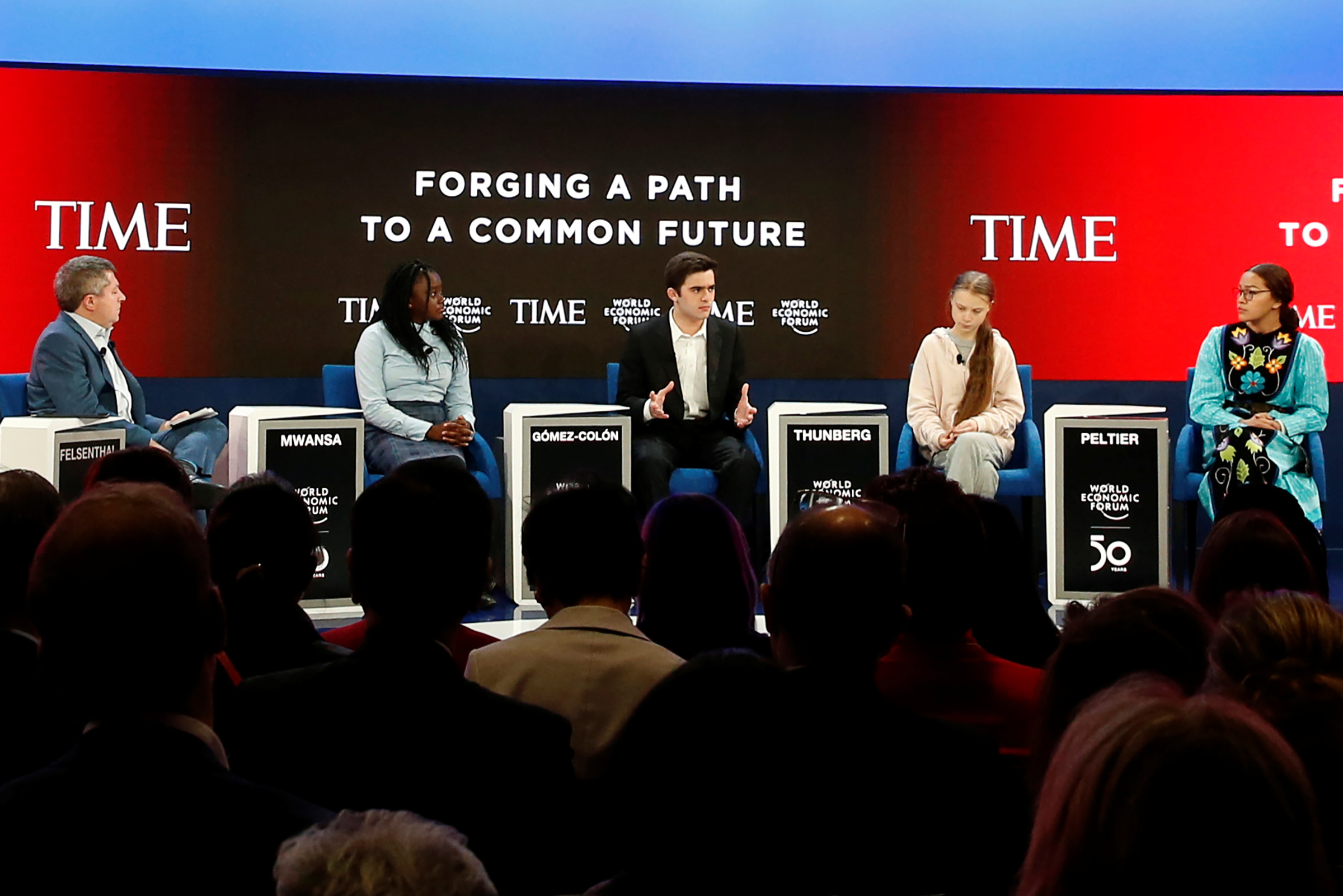
I was 5 when I fell from my grandmother’s counter and slammed against the cold concrete floor. I heard my grandmother scream and run toward me. Then I told her, with a surprising amount of confidence, that I would be O.K. and just needed to call my mom. “Hola, Mamá,” I said.“I just wanted to let you know that I split open my chin, but please don’t worry because I’ll be fine.” I was an optimist then, and I’m still one now.
This doesn’t mean I don’t worry. I’m alarmed by the rising COVID-19 death toll. I’m scared because I suffer from chronic asthma, as do some of my family members. I’m also discouraged by those who blatantly violate social-distancing guidelines. Yet even in these trying times, I know there is a reason to stay hopeful. Though I’m only 17, I’ve already learned that while some people react to crisis with indifference or finger-pointing, far more respond with empathy for their fellow human beings.
During my freshman year of high school, Puerto Rico faced off against Hurricane Maria and I felt like I had woken up to a nightmare. Outside my flooded apartment, I saw fallen branches and streetlamps, shattered windows and homes without roofs. The parks where I played growing up and the streets I frequented for most of my life had disappeared.
All of us were reeling from the devastation, but we were not alone in our pain. We were facing a situation that was bigger than ourselves. We needed to pay attention to others, recognize how they felt and commit to understanding their world. In our moment of crisis, empathy didn’t mean merely feeling for others. It was turning the emotions into positive actions, with the common purpose of supporting each other.
Harnessing our empathy is necessary if we want to overcome the current crisis. That’s why I continue to be inspired when I see other young people work for the betterment for their families, communities and world. There are countless ways to support each other even as we remain physically separate, whether it’s sewing masks for vulnerable populations, writing thank-you letters to our essential workers, starting a calling campaign to ease the loneliness of the elderly, sharing the opportunity of education through books or tablets, or even simply checking in with our loved ones.
I know this new reality is hard for all of us. But I’ve seen what we can do when we look for ways to help others. And in the midst of this global crisis, I’m seeing it again.
More Must-Reads from TIME
- Why Biden Dropped Out
- Ukraine’s Plan to Survive Trump
- The Rise of a New Kind of Parenting Guru
- The Chaos and Commotion of the RNC in Photos
- Why We All Have a Stake in Twisters’ Success
- 8 Eating Habits That Actually Improve Your Sleep
- Welcome to the Noah Lyles Olympics
- Get Our Paris Olympics Newsletter in Your Inbox
Contact us at letters@time.com